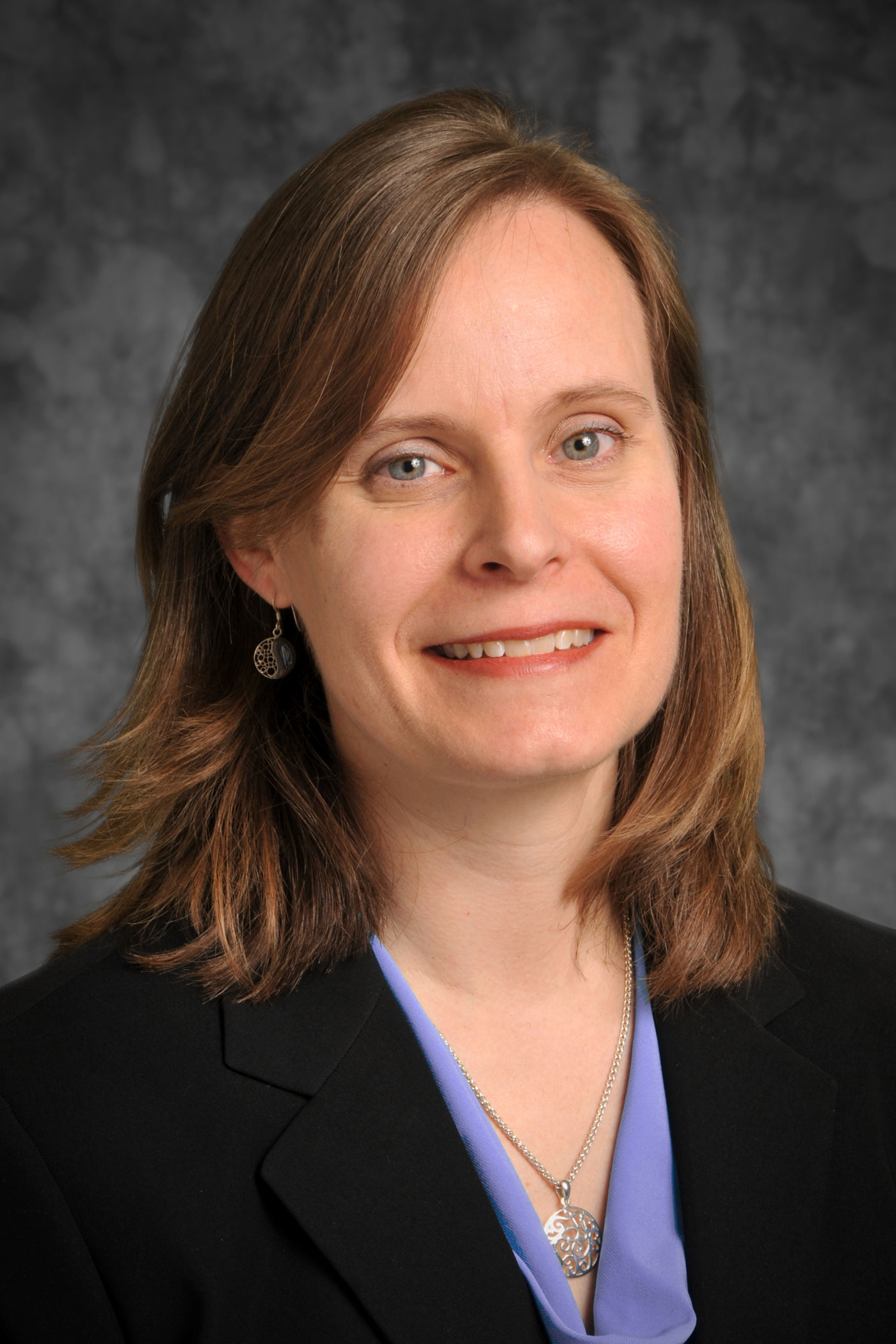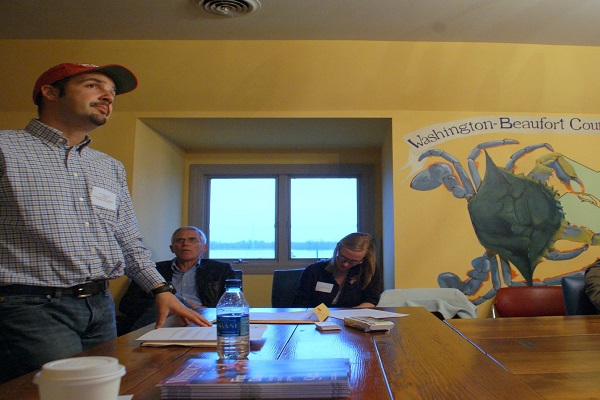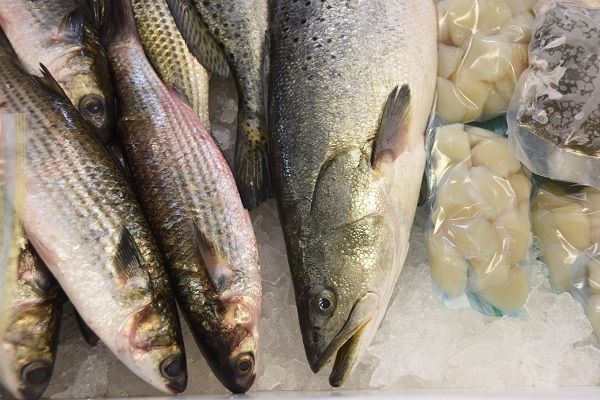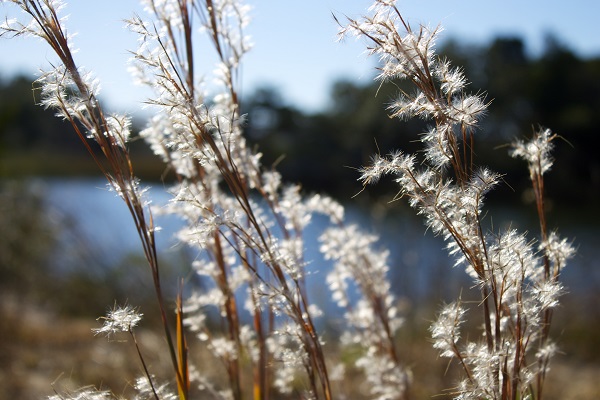FROM THE EXECUTIVE DIRECTOR: Educate, Edify, Entertain: Connecting with Audiences

Happy 50th anniversary to the National Sea Grant College Program — and happy 40th to North Carolina Sea Grant!
Communicating clearly is an important skill — and a critical one that contributes to the success and longevity of a program such as Sea Grant. It is a skill that takes time and experience to develop. These days, we are constantly adapting this skill to new platforms to continue to reach current and expanding audiences.
Coastwatch is one example of adapting over time: from its inception as a program newsletter to a magazine available in print and online, with a companion blog for updates between issues. Even I am sharing links to stories via Twitter.
But at its core, the magazine still is telling stories and sharing information about the coast that you love. We are excited to share with you overviews of new research endeavors on page 6. And we will continue to expand with new chapters over the coming years as these programs get underway.
One of the great communication opportunities for our program is maintaining the connection between our Sea Grant-supported research and North Carolina stakeholders’ needs — as identified by individuals, communities, local or state governments, or industries.
This is important through the transition from early science results to impacts on the ground, a process that often takes some time. Examples include profiles of the crystal skipper and People-First Tourism (story on page 12) and new funding for Kepley Biosystems (tiding on page 5).
Storytelling and sharing experiences in person is another excellent communication approach, one that science communication experts tout as a method to transfer technical information in understandable ways, build trust and ultimately new partnerships.
Our extension specialists have demonstrated this for decades. For example the impacts from our state’s leadership in developing community supported fisheries (CSFs) and other marketing innovations continue to be building blocks for the growing national and international focus on local seafood. Read more about Sara Mirabilio’s recent experience hosting a tour of our coast on page 26.
On page 32, Spencer Rogers describes his decades of working with various partners to improve storm-surge measurements. That data, in turn, will feed models to help prepare for future storms.
I recently participated in our first North Carolina Sea Grant Graduate Student Training Symposium in New Bern. Under the theme Conveying Your Message, I was challenged to continue to improve my own communication skills.
Are my word choices appropriate for my target audiences? Am I using the best platform to share my message? How do I manage my time and content on my Twitter account? Indeed, follow me @snwhitenccoast.
The program was equally well received by the graduate students, our presenters and our partners who served as judges for the poster/presentation competition. Learn more about the event and meet the speakers and winners at ncseagrant.ncsu.edu/grad_comm.
Our team continually adapts and modifies the ways we share our stories with you — for your education and enjoyment. I encourage you to let me know if there are ways we can strengthen our communication efforts. Email me at snwhite3@ncsu.edu.
For more than four decades, North Carolina Sea Grant has conveyed our program’s progress and positive impacts across our state. We could not have told these stories without you and our team, both current and past!
Thanks for supporting North Carolina Sea Grant and bringing us into your home as a trusted source of information in your busy lives.
This article was published in the Spring 2016 issue of Coastwatch.
For contact information and reprint requests, visit ncseagrant.ncsu.edu/coastwatch/contact/.
- Categories:


